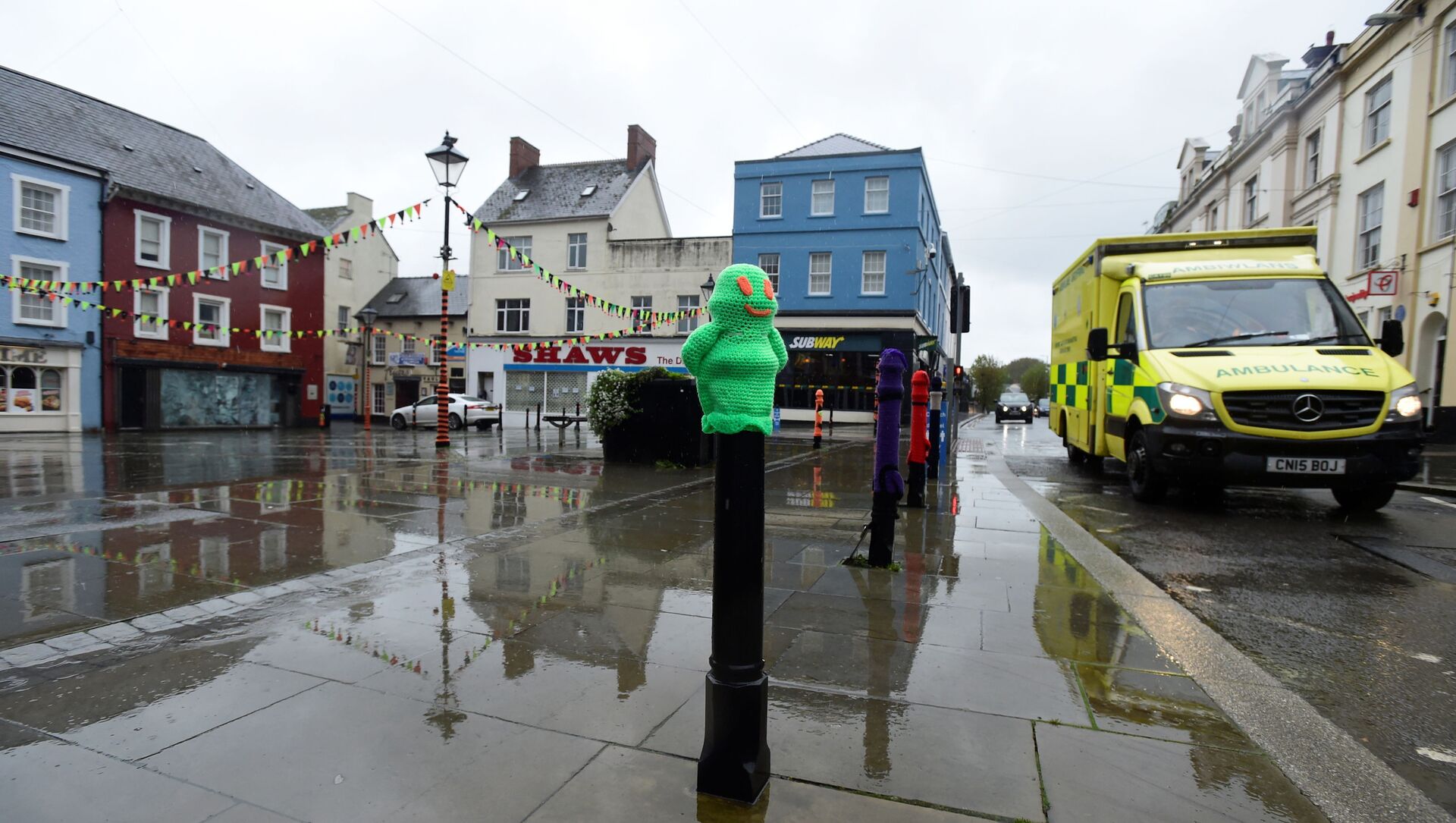Alan Sked is a founder of UKIP and a Scottish academic. In an interview with Sputnik, he explains the difference between the independence movements in Scotland and Wales, and how No. 10 should deal with the matter.
Sputnik: In your view, what are the chances that the independence movement in Wales can turn into something as considerable as the one in Scotland?
Alan Sked: I don't think there's any chance of it at all; they are very different countries and very different political setups. The Welsh independence movement, Plaid Cymru, has always been very much smaller and less influential and less powerful than in Scotland. When it came to the Scottish devolution referendum of 1997, it only passed by about one percent, by a whisker, and there was no real enthusiasm for it. The idea of independence was not what the referendum was about. It was about a certain amount of home rule or devolution, as it's called. And that's what happened. There was a limited amount of home rule given to the Welsh, less than to the Scots, and the outcome has not been terribly positive. I mean, the history of the Welsh Assembly and the Welsh government - the executive authority of the government since 1998 has been rather poor, particularly its health service, which is universally recognised to be much more badly than the National Health Service in England.

Sputnik: In what respect are the two independence movements different?
Alan Sked: Well, the difference is that the Welsh independence movement is very much centred around its language and its culture, which is still alive to an extent that doesn't exist in Scotland. Scottish Gaelic, insofar as it was ever a live language, was really only the language of the Highlands. It wasn't the language of the Lowlands or the central belt of Scotland, which never spoke Gaelic - it was the language of the Highland clans. That's disappeared entirely.
Sputnik: Is Westminster’s approach to dealing with Scottish independence different from Wales?
Alan Sked: Well, with Welsh independence, this doesn't figure very much in Westminster, because no one believes in a million years that it's a serious threat. And, you know, there's no great popular movement in Wales in the way there is in Scotland. So insofar as the Welsh nationalist movement is regarded at all at Westminster, it is regarded as a kind of copy of the Scottish movement; it's just another minority trying to copy the success of the Scottish nationalists. But I don't think anybody at Westminster believes it's actually serious, whereas the Scottish threat is serious because the Scottish nationalists are in power in Edinburgh.

Sputnik: Is London treating the issue of Welsh independence seriously?
Alan Sked: No, because I don't think it's seen as a serious issue. It is just seen as Welsh nationalists trying to climb on the Scottish bandwagon. And they know that the vast majority of Welsh people don't want independence. If it got more support, they might consider giving some more powers to the Welsh Assembly, but nothing like independence.
The Welsh only voted for devolution in 1997 by the smallest of margins—about 1%. Nor did the new Welsh government get many powers. And since then its record has been poor, particularly in health.
So the Westminster government is hardly likely to increase its powers.
Still, identity politics is on the rise. However, still 53% of the Welsh oppose independence. And I doubt whether the majority will ever support it. Most Welsh do not speak Welsh. Only 11% speak it fluently, although 30% claim to speak it to some extent. The non-Welsh speaking majority know that in an independent Wales there would be immense pressure to make Welsh the official language and force everyone to learn it.
Moreover, an independent Wales would lose the large subsidy its economy presently receives from England, would have no currency and no national bank or reserves of its own to operate one, and no natural resources on which to base an economy. It would also have to accept its share of the UK national debt. Finally, there would be an outflow of people and money from the country immediately. All in all, an independent Wales would be bankrupt.


